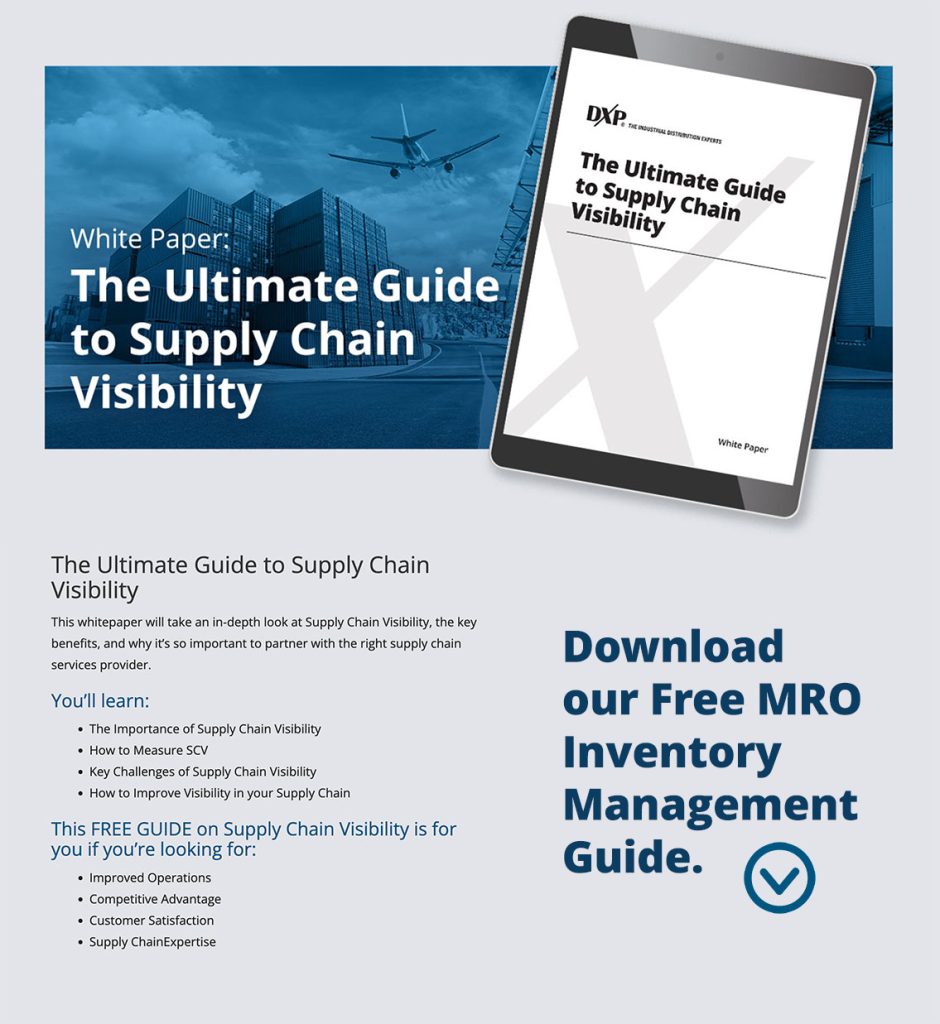
5 Cost Reduction Strategies in Inventory Management
Proper inventory management can make or break your business. When this important aspect is overlooked, things can quickly spin out of control. Consider these inventory cost reduction strategies to help save you money if you find yourself struggling with inventory management.
What Is Inventory Management?
Inventory management is the system your business uses to keep track of and organize inventory while in your possession. This process begins when the goods you’ve purchased from the manufacturer enter your warehouse and ends when your customers purchase the products and they leave your care.
What Is the Carrying Cost of Inventory?
The carrying cost of inventory refers to the cost of storing and handling the inventory. This can include warehouse rent, taxes, insurance, security, transportation, and much more. Learning how to reduce inventory management cost is an important part of keeping your business in the black.
Why Is Inventory Management Important?
Your business’s success hinges on proper inventory management – until you sell your product, it is an investment that you need to take care of. There are other factors to consider, such as having too much or too little inventory, which can affect your business’s budget and efficiency greatly. A disorganized warehouse can also cause chaos and lose you money and customer loyalty down the line!
Having trouble with your inventory management? Take a look at the wide range of supply chain services that DXP can assist you with!
5 Cost Reduction Strategies in Inventory Management

The following five inventory cost reduction strategies can help improve your profitability.
1. Reduce Useless Inventory
It might not seem like it but having excess inventory that is not selling will cost you money in the long run. Your warehouse could be better utilized by holding stock that is selling well instead of having valuable space taken up by poor-selling products.
An excess of obsolete stock can be indicative of greater issues such as lack of planning, product quality, and poor forecasting. Identifying useless inventory is one of the best things you can do for your business.
Reduce the amount of obsolete stock you possess by discounting prices, product bundling, or simply cutting your losses and getting rid of it altogether. Prevent this from happening in the future by encouraging greater communication on all points of the supply chain.
2. Let Experts Manage Your Inventory (VMI)

If your inventory has become too difficult for you to manage, you may often find yourself running out of necessary resources even though you have lots of irrelevant inventory laying around. Instead of focusing on the other aspects of your business, you’re running around dealing with this issue for far too long.
A great way to avoid this is to have a Vendor Managed Inventory (VMI), where you put your vendor in charge of the customer’s inventory. After VMI implementation, you won’t have to worry about running out of stock. Your supplier will be responsible for adjusting delivery schedules when they see you’ve hit your reorder point.
Not only does this free up your resources, but customer loyalty will also increase as they enjoy timely deliveries with your newly streamlined processes. Your carrying cost of inventory will be lower, and your customers will notice your superior service!
Let DXP tailor the perfect Vendor Managed Inventory solution just for you! We understand exactly how to improve your processes and increase revenue for your company. Learn more about our VMI services here.
3. Develop Relationships with Suppliers
The most common obstacles in inventory management are due to lack of communication somewhere along the line. Having a good relationship with your supplier will greatly improve your business’s efficiency by reducing overall costs, enjoying timely deliveries, and prompt notifications of any interruptions.
Creating a pleasant relationship with suppliers means they’ll prioritize your business and work a little bit harder to keep your business. Having a mutually beneficial relationship means figuring out the best way to communicate with each other, how to resolve issues as they arise, and being considerate of the goals of both parties.
Businesses can achieve this by paying bills on time, keeping last minute orders to a minimum, being respectful to sales representatives, and many more nuanced actions. When you strike the perfect balance to this relationship, the benefits you reap will be worth it.
4. Install Industrial Vending Machines
Industrial vending machines are an excellent tool for eliminating costs. These machines are not your typical vending machines – they are designed so your employees can easily access the industrial supplies they need to do their jobs properly. Each staff member has their own card, PIN, or barcode to access the supplies they are authorized to take from the machine.
Industrial vending machines track data from your inventory management system so you can gain valuable insight into your internal supply requirements. You’ll save on labor costs since supply management will be automated while this organized solution saves you floor space and improves overall inventory management.
Look at DXP’s range of SmartVend® products to see which turnkey solution will help you save the most time and money. We include software, setup, training, service, and support from our team of dedicated DXP Experts. Find out more about MRO vending machines today!
Order Smaller, More Frequently
Placing smaller orders more frequently will aid your company with keeping obsolete inventory as low as possible. The longer you keep a product in storage, the more it will depreciate. Avoid any potential risks and issues by keeping your inventory for the shortest amount of time as possible.
Some risks that can be avoided by placing smaller orders can save you a lot of stress and money. For example, if your supplier has manufactured a poor batch of products, you’ll take a smaller hit than if you had placed a large order.
Placing smaller orders and ordering as needed can help buffer your costs if poor forecasting predicted a higher demand for your stock than occurred.
Improve Profitability with DXP’s Supply Chain Services
DXP offers a wide range of supply chain services to assist your business. Our decades of experience in supply chain inventory management, consulting experience, and industry research has allowed us to address any of your unique supply chain challenges.
Contact us today for more information!

